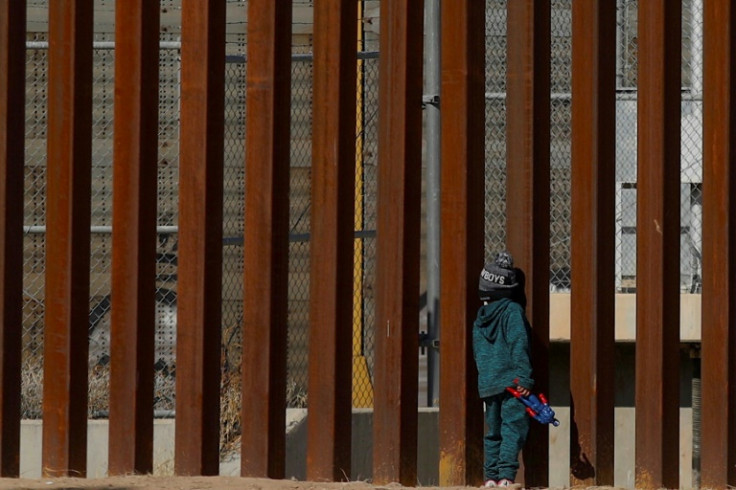
There was a surge in "unnecessary" family separations at the U.S.-Mexico border, said migrant advocates, who were keeping track of instances where migrants have been mistreated while in U.S. Border Patrol custody.
A month after President Joe Biden announced new restrictions on asylum access at the border, advocates reported that several families that were arriving together were getting separated, as many were sent back to Mexico without knowledge of their relatives' whereabouts, AZ Central reported.
The president's executive action allows the U.S. Border Patrol to stop all asylum processing if more than 2,500 migrants cross between ports of entry per day for a week straight. The Department of Homeland Security deals with roughly 4,000 migrants daily.
The Kino Border Initiative in Ambos Nogales has been documenting high numbers of Mexicans sent back to Mexico without a chance to seek asylum. Several of these migrants have lost contact with their family members after being sent back.
In two weeks, the Kino Border Initiative found 101 cases of family separation, with 78% involving parents, spouses, children or siblings.
The director of education and advocacy of the Kino Border Initiative Pedro De Velasco said, "Now what we are seeing is they're unnecessarily punishing people, separating grandparents from their granddaughters, separating siblings or separating, aunts or uncles from their nieces and nephews and, and sending them (back) through different ports of entry" and at different hours of the day, AZ Central reported.
Kino Border Initiative mentioned a case where a woman was separated from her brother and granddaughter after they approached the U.S. Border Patrol seeking asylum. The woman was deported to Mexico while her granddaughter stayed with the Border Patrol. Currently, the woman doesn't know what happened to her granddaughter.
Another similar case was highlighted, where a man from Jalisco, Mexico, fled after being threatened and extorted by organized crime groups, who demanded 20,000 pesos ($1,090) a month. He traveled to the U.S. with his 13-year-old son.
After they turned themselves into the U.S. Border Patrol, agents kept them apart and didn't tell the man where his son was for two days until both were deported to Nogales.
Aside from this, migrants are also mistreated while in custody, as they get physically and verbally abused. Furthermore, the conditions in which they are detained are poor and, in several instances, their personal belongings are not returned.
© 2025 Latin Times. All rights reserved. Do not reproduce without permission.







